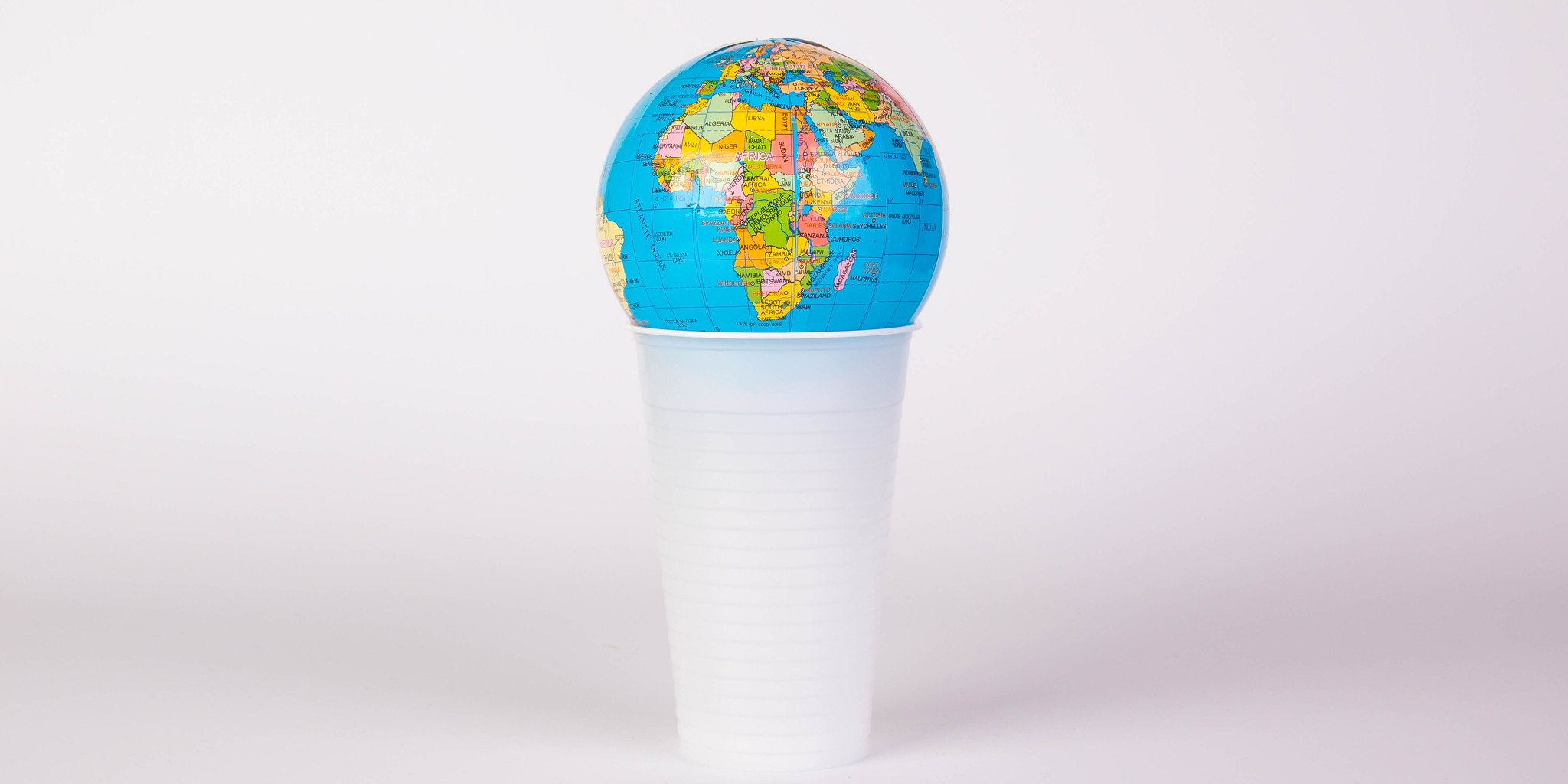
Flourishing within planetary boundaries
The notion of human development, when it started 30 years ago, was revolutionary and certainly far more holistic than gross domestic product (GDP) indices. Now, we have reached a point where it’s clearer than ever that humans can flourish only if our planet remains habitable. Our aspiration for ‘development’ should be tempered by our knowledge that we cannot keep emitting carbon dioxide and expect that our children and grandchildren will flourish. Climate change has communicated this message loud and clear, but so has COVID-19 – by reminding us of the costs of environmental destruction.
Human development is all about choosing one’s destiny. Parents can still tell their children that they can be whatever they want to be, but also that this is contingent on respect for the Earth. As Mahatma Gandhi noted, the Earth has enough to satisfy everyone’s need, but not everyone’s greed. In the past, there was the idea that the world was for humans to conquer and subjugate, a means for fulfilling our aspirations. That brashness needs toning down: today’s human aspirations must not come at the expense of harm to the planet or to future generations.
Of course, the dependence of human development on planetary well-being is understood pretty well today, at least by the research community. But it needs to be embedded formally within the Human Development Index. Moreover, governments need to be weaned away from a ‘development versus environment’ framing. People cannot be lifted out of poverty if the environment that supports them is destroyed.
Investing in society, tackling inequality
Many countries in the Global South have done rather well recently with respect to growth in GDP. They have managed to lift hundreds of millions of people out of poverty. But at the same time, some of these countries did not invest adequately in social welfare and healthcare. This underinvestment has happened not only in the Global South but also in many parts of the Global North. The consequences are becoming clear with the spread of COVID-19, which has highlighted the integral role of social development and its requirement for investing in health, education and water, for instance.
Growing inequality is a major challenge to human development. The benefits of the phenomenal growth of the past few decades have not been equitably distributed, leading to stark inequalities within almost every society. No wonder, then, in countries like India, a two-month lockdown to prevent the spread of COVID-19 has caused such tremendous hardship. Look at the situation of migrant labourers in India, for example. When the lockdown was announced at very short notice, preventing people from moving around the country, no one had thought of the terrible consequences this would have for the migrant labourers who found themselves in no man’s land without housing or jobs.
Around the world, more equal societies have tackled COVID-19 relatively better than more unequal ones. Take, for instance, the Indian state of Kerala. Despite registering the first three national cases of COVID-19 and having the highest number of cases initially, the state was able to flatten the curve – a big deal given its high population density. What seems to have worked for Kerala is its long-term investment in healthcare and education, and its strong and effective local governance. The panchayats – the local governing bodies – are empowered to take decisions in an efficient and democratic manner. Kerala therefore highlights the importance of decentralized decision-making. Kerala also has quite high literacy levels.
Water as a crucial issue for adaptation
Continuing with the theme of decentralization, water is an example of how the lure of large, centralized undertakings leads to small-scale, locally managed projects getting pushed to the margins. Governments’ fascination with mega dams or interlinking of rivers often comes at the expense of simple low-cost projects, such as reviving small water bodies and providing water access through decentralized models. In part, this is because there are too few local voices in the decision-making process. While understanding of the global water cycle and its changes due to climate change is crucial – at its heart, water is a local issue – critical water actions need to be rooted in the local context.
In the context of climate change, if mitigation is about carbon then adaptation is really about water. Yet, water is not prominent in discussions on adaptation finance, for example. Water needs to be more central in the discourse of climate change and even while coping with crises such as COVID-19. Indeed, access to water will determine how well society responds to such challenges.

Aditi Mukherji is a Principal Researcher and Research Group Leader of Climate Change Adaptation and Resilience at the International Water Management Institute, New Delhi Office. She is also one the Coordinating Lead Author of IPCC’s 6th Assessment Report. She lives in Kolkata
Cover image: by Marco Verch on Flickr